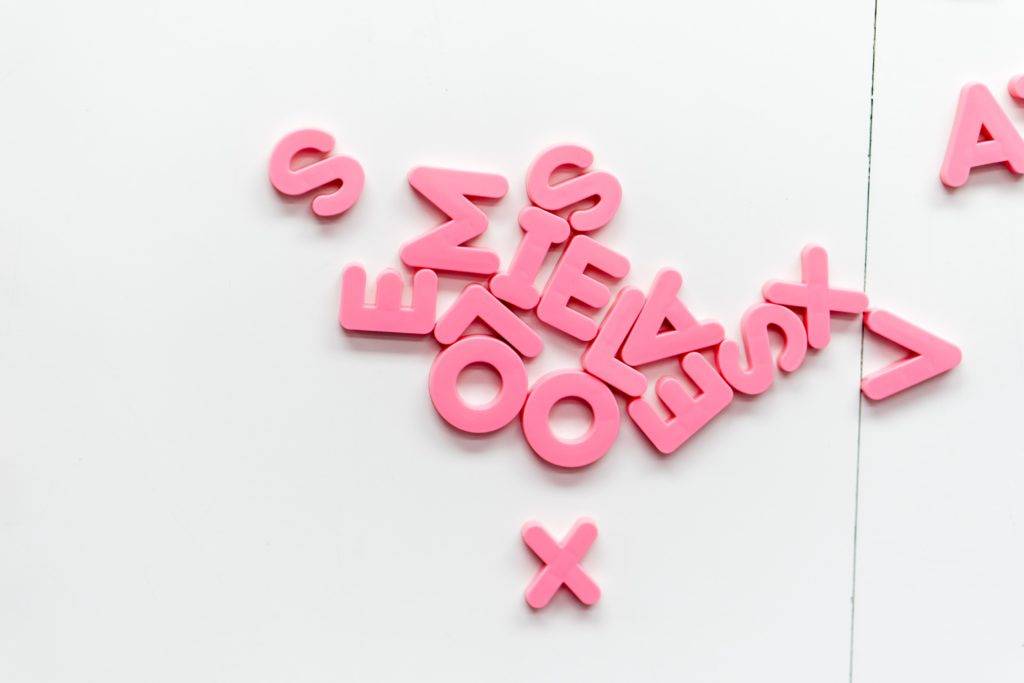Word by Word
Learning a second language is like filling a flat with blackberries. You put one berry in at a time, and eventually you can make some pies. But it takes time and hard work, and blackberry bushes, like feelings of shame and frustration, are thorny. My children are frustrated. Sometimes we are too! They have some blackberries: enough for greetings, understanding instructions in piano class, following Bible stories in Sunday school, and well-developed accents. It's never enough, though, for enjoying a play date, seeing a movie, or answering all the questions from la madre de whoever. When my kids look at what is required for that elusive "fluency," their flats of blackberries seem too enormous to fill.

But poco a poco, they are filling their flats. It happens in the tiny moments, and I couldn't write about them because I don't see it happening. I only see the results.
Austin is talking my ear off about something I can't even remember and then I hear him stumbling over his words, "so then he was running around but it didn't, it didn't, (in Spanish) no me, it didn't...Mom, how do you say molestar in English?!" Bother, I answer, tuning back in to his story. Without missing a beat, he finishes his sentence, "it didn't bother me." (I know, this Spanish word is a bit of a false cognate; it doesn't mean what it sounds like it means). Then under his breath he says, Ya! in Spanish, expressing the end of this little fight with his language, like he might have declared "there!" in English. My husband and I stare at each other, wide-eyed. Forgetting English words is just part of the process. They come back, usually. This is language learning, and somehow our son is doing it.
I hear the kids arguing in another room. One child yells, "hand me it!" and the other says "you no listen to me!" and I marvel at their Spanish construction of English words.
Weekly they correct my accent. It would be annoying if it weren't so adorable and exciting to know they're getting it.
We are all getting it. Some words are so small they consist of just one or two letters, some so inconsequential one doesn't even capitalize them in a title. Word by Word, I've titled this post. But think of all the ways we use the word by in English. By the way, down by the bay, I went by the store, where I was looking to buy (!) a book by my new favorite author. Ok, bye!

Our kids won't have to pass a language exam after growing up in Spain, they'll just speak it. While they sometimes recognize when they are missing something, they don't recognize their own growth. Spanish words and phrases have just become part of their bilingual vocabulary. This year Chris and I will focus on passing a language exam that proves we're meeting goals. It's going to feel tedious, because our tutor says things like, "you need to use at least five connector words like however, in fact, in addition, during the oral exam. And you can only make so many mistakes in the past tense."
One blackberry on a summer day is a juicy joy, and sometimes it's lovely to dart carefully through the bushes for the easy to reach, low-hanging fruit. But when you fill a flat one berry at a time and come home covered in bug bites and scratches and bake a pie, it's a triumph. I suppose that's what we're looking for in language learning too: for the small things, the minutiae of the language, to become a big thing: fluency.
This post is part of a blog hop with Exhale—an online community of women pursuing creativity alongside motherhood, led by the writing team behind Coffee + Crumbs. Click here to view the next post in this series "Minutiae."





